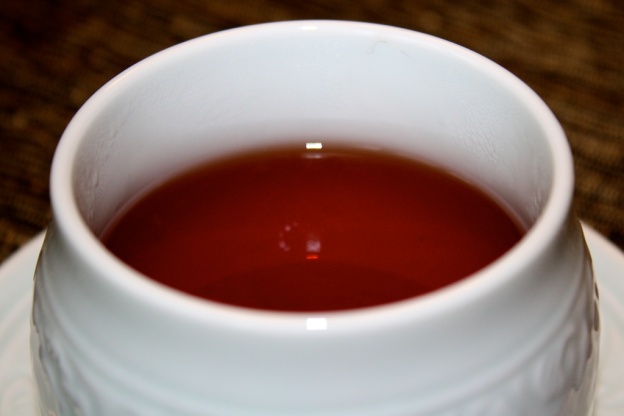
Senna (lat. Cassia Angustifolia) or mother leaf is a plant from the legume family that grows in Northeast Africa and the Middle East.
Also, hay grows in some parts of America, and history says that in the past Native Americans used this plant for its laxative effect. Senna tea is made from senna leaves or the black pulp from the twigs. In some parts of the world, this tea is drunk as a substitute for coffee or some other tea.
Senna tea has many medicinal properties, but it can also cause some unwanted effects.
Medicinal properties
Senna contains tannins, flavonoids, resin, glycosides, anthraquinones and many other useful ingredients, so it can help in the treatment of various health problems. Senna tea is best known for regulating digestion and solving constipation problems. This tea has a laxative effect and enables regular colon emptying. In this way, it accelerates the metabolism and helps with weight loss. In order for senna tea to have an effect and permanently regulate the digestive process and prevent the so-called lazy bowel syndrome, it is necessary to eat as much food as possible that is rich in fiber, to move as much as possible and to drink plenty of fluids. Senna helps expel harmful substances and detoxifies the body.

In addition, it has been proven that some subspecies of senna can be used to treat venereal diseases, cholesterol and high blood pressure, bacterial and fungal infections, skin and eye diseases.
Recipes for preparing this tea:
Recipe 1. Take one tablespoon of dried and chopped senna leaves and pour a cup of boiling water over it. Let it sit for about 20 minutes, then strain.
Recipe 2. Apart from senna leaves, you can also use pods to make tea. Take one teaspoon of senna pod and pour warm (not hot) water over it. Cover and let the tea steep for a while, then strain it. This tea has a slightly milder effect than senna leaf tea, and is consumed in the same way.
If you have intestinal problems, let the senna tea steep for 2-3 hours, then strain it and drink it before going to bed. Also, you can brew the tea before noon and drink it only in the evening before going to bed. This will contribute to the milder spasms in the intestines and stomach and to the more successful treatment of the digestive tract. Once you have a normal stool, stop using this tea. You can consume it if constipation problems occur again. If you want a milder laxative, then it is best to make tea mixtures with hay and some other medicinal plants, say with coriander.
Recipe 3. One of the effective mixtures for solving the problem of constipation is a combination of senna leaves, marjoram, lovage flower and anise. Mix 2 pinches of senna leaves and a pinch of other herbs and pour 2 dl of boiling water over the mixture. Cover the tea and let it stand for 2 hours, then strain it and drink one cup before going to bed.
Side effects and possible contraindications
Senna tea should never be used during pregnancy because it leads to severe cramps and can cause complications. Even nursing mothers should not use this tea because it can be excreted in milk and cause colic in the newborn. Also, children under the age of 10 may not consume it, and it is not recommended for people suffering from chronic diseases of the intestines and stomach. Also, heart patients should avoid this tea, as it can lead to a drop in potassium in the blood.
Senna tea can be very beneficial, but only if it is dosed correctly. Always start with smaller doses of this tea and when you find the amount that works for you, stop there. If you drink it in excessive amounts and for more than 14 days, this tea can cause many side effects, such as nausea, vomiting, stomach cramps, damage to the walls of the intestines, inflammation of the intestines, cramps in the fingers and toes, and liver damage. Constant use of this tea can lead to addiction to this preparation. In addition, it can happen that the intestines get used to a certain dose of tea, and then we start to increase the dose more and more, which is not good at all. That is why it is best to consult your doctor or herbalist before starting to consume senna tea.
Also, if right at the beginning of consuming senna tea you notice that your lips, tongue or salivary glands are swollen, you should immediately contact your doctor and stop using this tea.